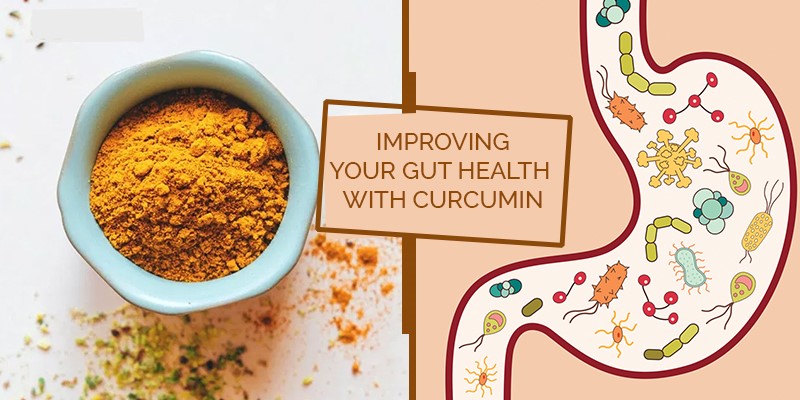
Turmeric and Digestive Health: How It Can Help Improve Your Gut
Turmeric and Digestive Health: How It Can Help Improve Your Gut
If you're a crazed foodie like almost everyone else is, then you know that the joy of eating extends beyond just satisfying your taste buds. It's a feeling that begins in your mouth, travels down your throat, and finally settles in your gut. But, what if that feeling is not always pleasant? What if you suffer from digestive issues that make eating your favorite foods uncomfortable or even painful? Well, fear not, because there's a spice that may be able to help: turmeric.
Turmeric has been used for centuries as a medicinal herb in traditional Indian and Chinese medicine, and now it's gaining popularity in the West. But what does turmeric have to do with digestive health? In this article, we'll explore how turmeric can help improve your gut and why you should consider adding it to your diet.
The Link Between Turmeric and Digestive Health
The active ingredient in turmeric is curcumin, which is known for its anti-inflammatory properties. Inflammation in the digestive tract can cause a range of issues, from bloating and gas to more serious conditions like inflammatory bowel disease (IBD) and Crohn's disease. Research has shown that curcumin can help reduce inflammation in the gut, which in turn can alleviate these symptoms and improve overall digestive health.
Curcumin has also been shown to stimulate the production of bile, a substance produced by the liver that helps break down fats in the small intestine. This means that turmeric can aid in the digestion of fats, which can be particularly helpful for those who struggle with conditions like gallbladder disease or other digestive disorders.
Turmeric is also prebiotic, meaning it feeds the beneficial bacteria in your gut. This can help maintain a healthy balance of gut flora, which is crucial for proper digestion and immune function. Studies have shown that a healthy gut microbiome can improve digestive health and reduce the risk of conditions like irritable bowel syndrome (IBS) and ulcerative colitis.
How to Incorporate Turmeric into Your Diet

Now that you know the benefits of turmeric for digestive health, you might be wondering how to incorporate it into your diet. One of the easiest ways is to add turmeric powder to your cooking. Turmeric is commonly used in Indian cuisine, and it can add a unique flavor and color to dishes like curries, rice, and soups.
Another option is to take turmeric supplements. Supplements can be a convenient way to ensure that you're getting a consistent dose of curcumin, which may be difficult to achieve through diet alone. However, it's important to note that the bioavailability of curcumin is low, meaning that your body may not absorb it efficiently. To increase absorption, look for supplements that contain piperine, a compound found in black pepper that can enhance the bioavailability of curcumin.
Conclusion
Turmeric is a versatile spice with a range of health benefits, including improving digestive health. Its anti-inflammatory properties, ability to aid in fat digestion and prebiotic effects make it a valuable addition to any diet. Whether you add turmeric powder to your cooking or take supplements, incorporating this spice into your routine can help support a healthy gut and overall wellness. So, spice up your life and give turmeric a try!
